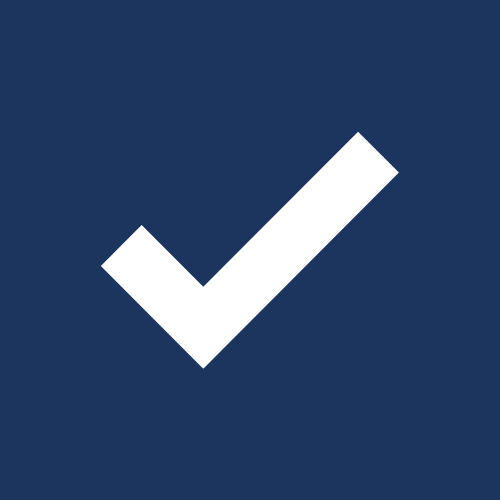
Opportunity Zone (OZ) Funds
Defer real estate and non-real estate capital gain taxes. Invest your taxable gains alongside leading institutions in personalized, diversified real estate portfolios designed for income generation, tax deferral, and value appreciation.
KEY BENEFITS OF OPPORTUNITY ZONE FUNDS
OZs Connect Private Capital With Economic Growth
A qualified opportunity fund (QOF) is an investment vehicle typically organized as a corporation or a partnership which must hold at least 90 percent of its assets in QOZ businesses and assets. From the date of sale of an appreciated asset that triggers taxable gains, an investor has 180 days to invest up to the amount of those gains in a QOF in order to reap the potential tax advantages of the Opportunity Zone Program.
No Management Responsibilities
Limited Personal Liability
Defer Taxes on Any Capital Gain
Diversification
Institutional-Quality Property
Save Failed 1031 Exchange
Frequently Asked Questions (FAQ)
What is a Qualified Opportunity Fund (QOF)?
A QOF is an investment vehicle (a corporation or partnership) created to invest in Opportunity Zone property with the goal of deferring and reducing capital gains tax under the Tax Cuts and Jobs Act (TCJA).
How does a QOF investment defer capital gains tax?
Investors can roll over almost any type of eligible gain (e.g., from stocks or real estate) into a QOF within the 180-day rule to defer tax on that gain until the end of 2026.
What are the tax benefits of a QOF after 10 years?
The primary benefit is tax-free appreciation. After a 10-year hold period, investors can exclude all federal taxes on the appreciation of the QOF investment itself.
What is a Section 1031 like-kind exchange?
A Section 1031 exchange allows a taxpayer to defer depreciation recapture and capital gains tax when exchanging one investment property (relinquished property) for another like-kind investment property (replacement property).
How does a business qualify as a QOZ Business (QOZB)?
A QOZB must meet several requirements, including the 90% Asset Test (90% of its assets must be QOZ property) and demonstrate that a substantial portion of its business activity is conducted within the zone.
What are the key deadlines in a 1031 exchange?
You must identify the replacement property within 45 days of selling the original property and complete the purchase within 180 days. A Qualified Intermediary (QI) manages the funds during this process.
What happens if a 1031 exchange fails?
If a 1031 exchange is unsuccessful (a failed 1031 exchange), the investor has immediate tax liability, but the resulting capital gain may be rolled into a QOF if they act quickly.
What is better: Opportunity Zone vs 1031 Exchange?
A QOF allows you to roll over any capital gain (stocks, business sales, real estate), while a 1031 Exchange is limited to exchanging like-kind real estate. The QOF offers tax-free growth after a 10-year hold.
Can a failed 1031 exchange be rolled into a QOF?
Yes. If a 1031 Exchange is considered failed, the resulting capital gain generally triggers a new 180-day rule to invest that gain into a Qualified Opportunity Fund, offering a critical fallback investment strategy.
How do OZ Funds provide liquidity to cover the 2026 deferred capital gains tax?
Many Qualified Opportunity Fund (QOF) sponsors utilize a refinance or leveraged distribution feature to generate cash flow. This Exit Strategy is designed to provide investors with a cash distribution (tax-free up to their basis) in late 2026 or early 2027 to cover the Capital Gains Tax Deferral liability due on the deferred eligible gain.

